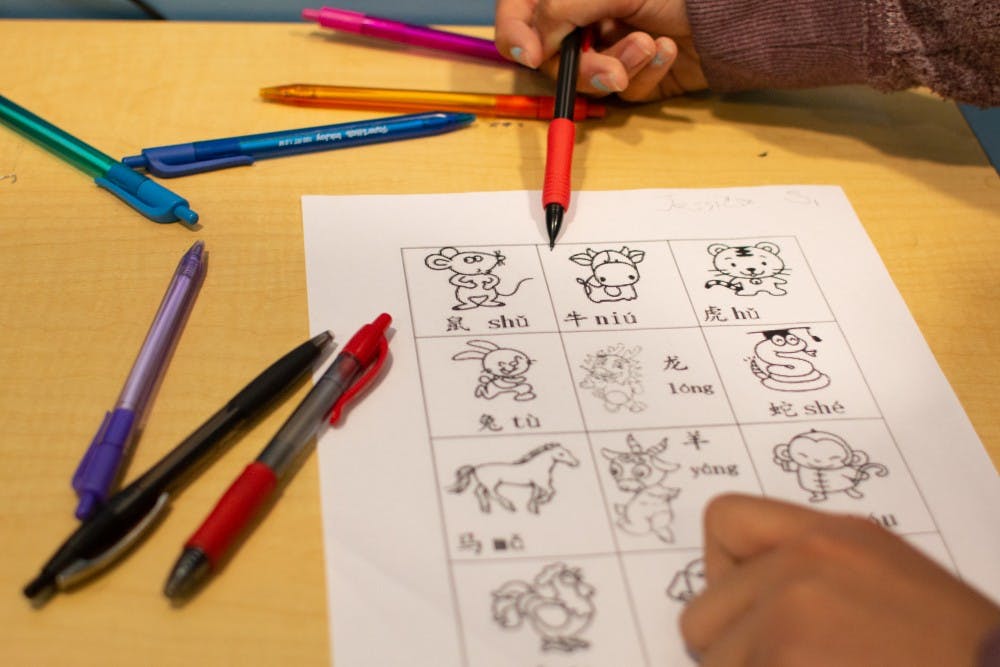The proposed Mandarin Dual Language Magnet Program at Glenwood Elementary School, approved by the Chapel Hill-Carrboro City Schools Board of Education on Sept. 20, has raised concerns of racial inequity and improper planning.
The program was originally to go into effect in the fall of 2019, but was delayed until fall 2020.
The Racial Equity Report Card, produced by the Youth Justice Project, reported white students in Orange County were 2.2 times more likely to score as “career and college ready” than Black students in the 2017-18 school year, based on standardized testing.
The Chapel Hill-Carrboro NAACP chapter believes the racial inequity that the Mandarin program would create is part of a deeper problem in the community. Wanda Hunter, co-chairperson of the Chapel Hill-Carrboro NAACP Education Committee, said the Mandarin program furthers this inequity because of the way that it was planned and is being implemented, not just the program itself, as she recognizes that dual-language and bilingual programs can be beneficial.
“In many ways, equity has been an afterthought to this decision,” Hunter said. “Equity should have been at the forefront of the decision, and instead it has been an afterthought.”
In 2015, the Campaign for Racial Equity in Our Schools created a report urging leaders and the Chapel Hill-Carrboro City Schools administration to make an equity plan. The district also committed to using a Racial Equity Impact Assessment tool, which is a guide of questions to ensure equitable decisions are made.
One aspect of the tool is engaging key stakeholders, those who would be the most adversely affected by the decision, in the planning process.
“If we were trying to create more equity, more opportunity, for these groups of people who have been adversely impacted, they would have been the first people we would have invited to the table,” said Hunter.
A town hall meeting, sponsored by the Chapel Hill-Carrboro NAACP Education Committee, was held Thursday to inform the community of the REIA tool, the district’s commitment to use it and ways it can be better incorporated into decisions. The ending sentiment was that each point of the tool should be used, equity should be the most important component of decisions and transparency is key.




